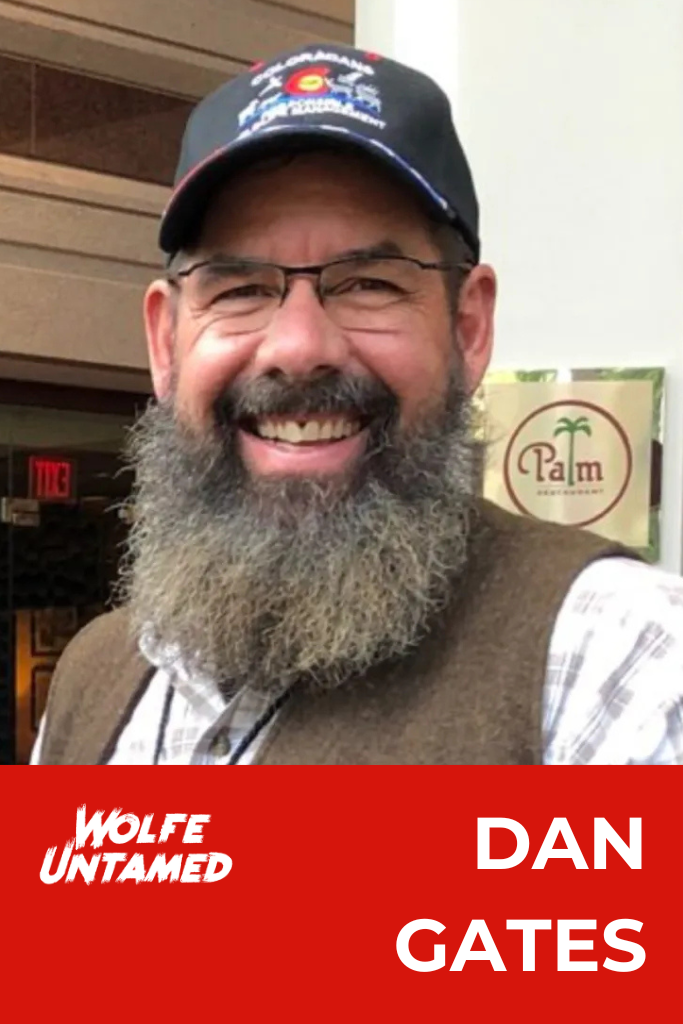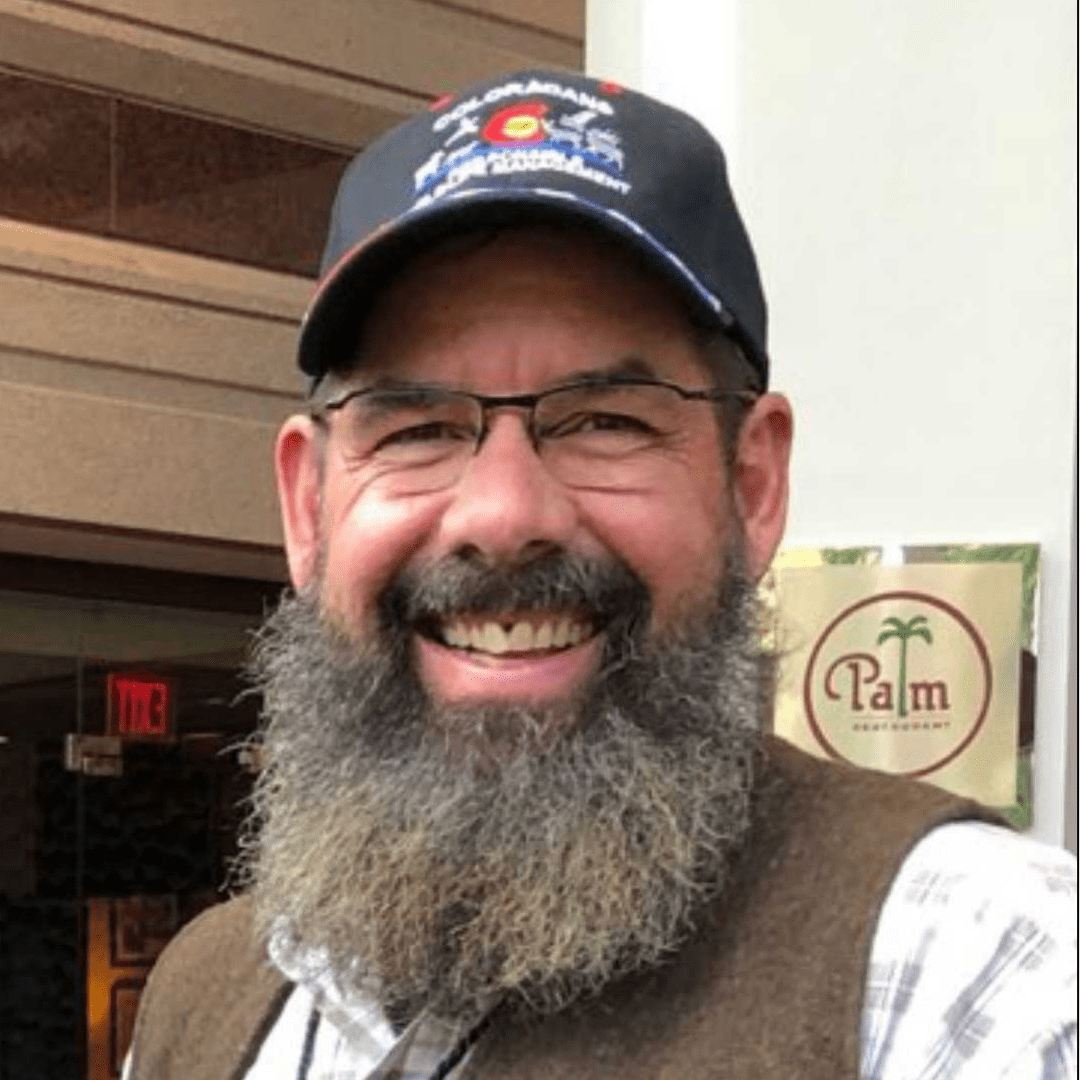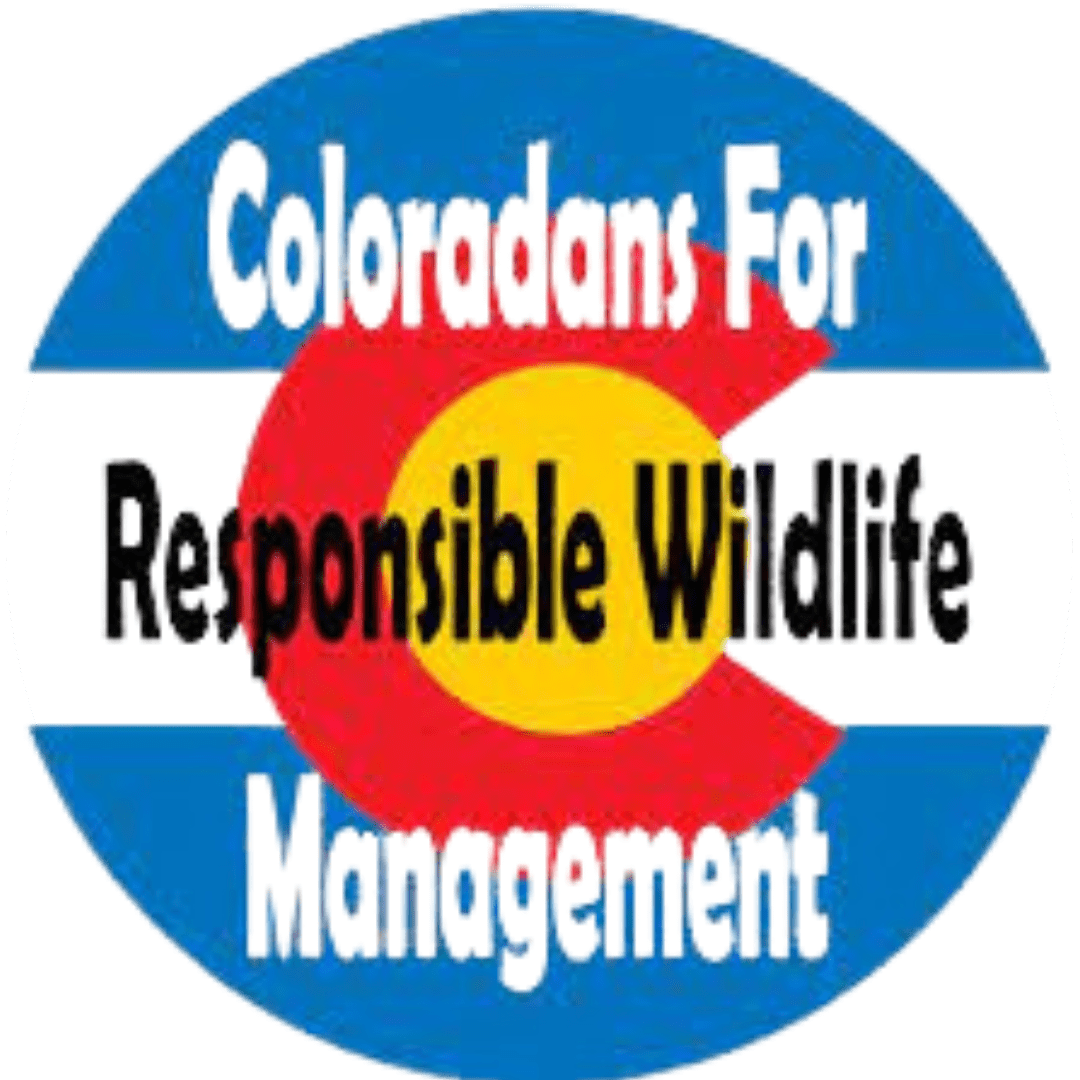In this episode, Derek and Lane interview Dan Gates of the Coloradans for Responsible Wildlife Management in an informative episode about wildlife management and conservation, specifically as the North American Model for Wildlife Conservation applies in the state of Colorado and the 2024 ballot initiatives.
Wildlife-Human Conflict Resolution
Derek and Dan discuss their observation that unbalanced wildlife conservation efforts lead to uncontrolled populations of predators, leading to more encounters with game herds and residential areas alike.
In Colorado, for example, Dan shares that the recent wolf reintroduction efforts have led to decreased elk herd and deer populations.
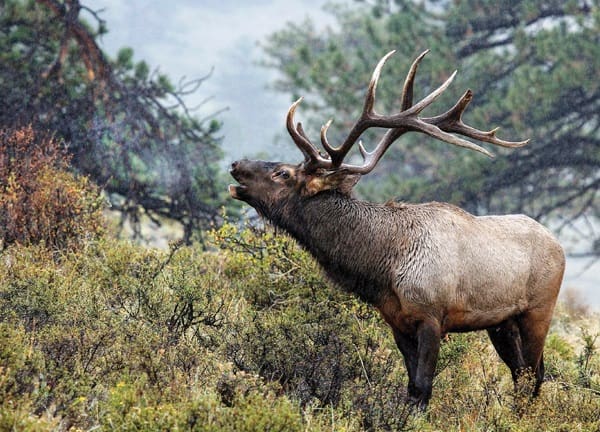
The North American Model for Wildlife Conservation
Dan does a great job of explaining the difference between science-based wildlife management and the assumptions that the general public has about hunting in general.
In the North American Model for Wildlife Conservation, the seven principles below lead to increased engagement from all people in hunting and recreation, as well as the responsible management of wildlife populations in perpetuity.
- Wildlife resources are conserved and held in trust for all citizens.
- Commerce in dead wildlife is eliminated.
- Wildlife is allocated according to democratic rule of law.
- Wildlife may only be killed for a legitimate, non-frivolous purpose.
- Wildlife is an international resource.
- Every person has an equal opportunity under the law to participate in hunting and fishing.
- Scientific management is the proper means for wildlife conservation.
This model places the trust in scientifically proven methods adopted by game agencies to protect wildlife for all the public, not just those who own hunting land.
Coloradans for Responsible Wildlife Management
Coloradans for Responsible Wildlife Management, a 501c(4) organization, is structured in an advocacy, campaigning, and educational crossover model that allows for more impact than a traditional 501c3 nonprofit organization. Receiving support from Safari Club International and the Rocky Mountain Elk Foundation, among other wildlife conservation organizations, collaboration with the CRWM leads to more positive impacts than structural or habitat conservation.
Their mission is to enhance, promote, and defend the North American Model of Wildlife Conservation and Responsible Wildlife Management.
We focus on the public’s best interests for maintaining a century-old track record of our natural resources, including wildlife, fisheries, habitat, and working farms and ranches.
Recently, a ballot initiative was introduced in Colorado that would make mountain lion and bobcat hunting illegal. Derek and Dan vehemently oppose this initiative, sharing that taking away the harvest of bobcats will be a dangerous move.
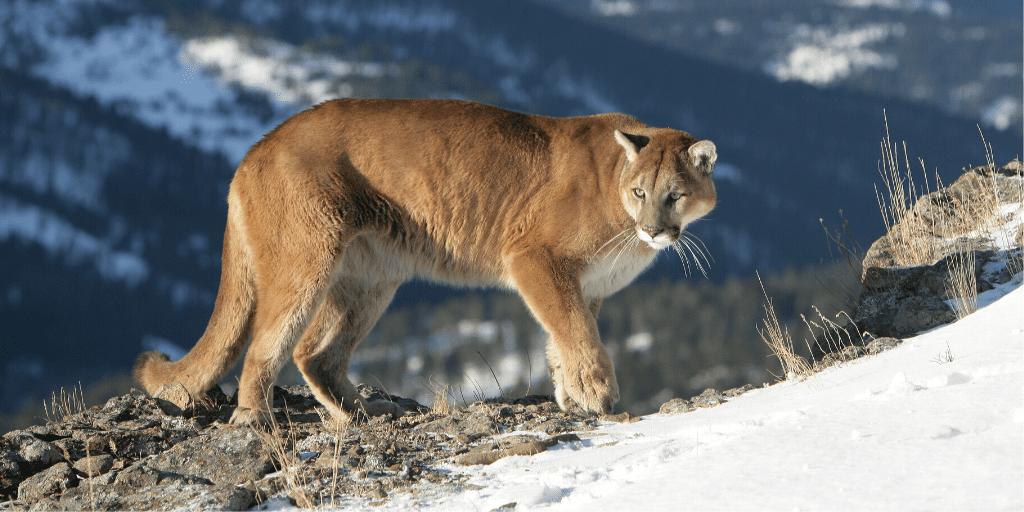
Speaking about Derek’s renowned mountain lion hunt in Colorado, Dan and Derek discuss the selection of hunting animals and how controlled, measured, and responsible harvesting is the best thing possible for supporting a balanced conservation approach.
“Ballot box biology is not a way to scientifically manage wildlife,” says Dan.
Colorado has become the epicenter of ballot initiatives since the doubling of Colorado’s population, Dan shares, as folks from around the country have emigrated to the state with the rhetoric of their home state and beliefs about hunting that are rooted in assumptions about hunters, not about the knowledge of responsible hunting and game management.
